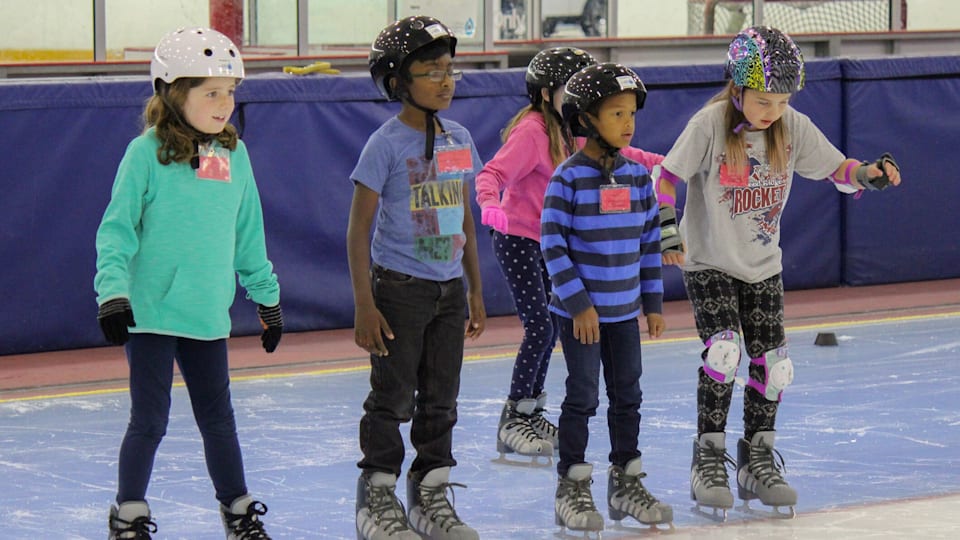Salt Lake City 2002 as a sport catalyst
The US team won a record 34 medals at Salt Lake City 2002, breaking its previous mark of 13, which the nation reached at both the 1994 and 1998 Games in Lillehammer and Nagano, respectively.

The US and other athletes used the Olympic venues for pre-Games training. In competition, the US team performed in front of strong home support: Utahns bought 40 per cent of tickets, and most venues were close to sold-out during the Olympic events.
The Utah Olympic Legacy Foundation (UOLF) and Utah Sports Commission (USC) were formed before 2002 to manage sports venues (including some of the Olympic venues), promote sports development and work with other Utah organisations to continue bringing major sports events to the state after the Games.
The UOLF successfully encourages both public recreational and high-performance athlete involvement in sports development. In 2020, the Legacy venues are nearly four times busier than they were in 2002. Furthermore, over 800 sports events have been brought to the area since 2002, 75 per cent of them non-winter (e.g. football, volleyball, BMX, mountain bike and fencing), as Utah has become a year-round sports hub.
Amongst those 800 events, Utah has staged more than 175 international winter sports events, including more than 60 world cup events, plus seven world championships and numerous other sporting and non-sporting events.
Today, the three UOLF venues – the Utah Olympic Oval, Utah Olympic Park and Soldier Hollow Nordic Centre - are alive and vibrant. The UOLF venues offer sports programmes for young people of all ages and abilities, serve as community recreation centres in three distinct cities, and provide world-class training facilities for Olympic and Paralympic athletes and global events. The venues fulfil Utah’s vision for lifelong participation in sport, inspiring Utahns to lead a healthy and active lifestyle, fostering a “Sport for All” culture.
Salt Lake City has become an established training hub for world-class athletes and home to three US sports governing bodies. The Olympic Oval, which hosted the Games’ speed skating events, is considered so valuable to the US speed skating team that it relocated to Salt Lake in 2006. As a result, 69 of the US team’s 211 athletes at the Olympic Winter Games Turin 2006 had trained for those Games in Utah.
Additional services for athletes have grown in Utah since 2002, These include a new athlete housing facility at Utah Olympic Park and enhanced sports medicine/sports performance services provided by the University of Utah and Intermountain Healthcare. In line with Utah’s commitment to all ages and all development abilities, the best practices serving elite national team athletes are used in supporting Utah’s young people engaging in sport.
Another lure for high-performance athletes, from NBA stars to National Football League quarterbacks, is Salt Lake’s Orthopedic Specialty Hospital. While it received no Olympic funding, the hospital is a sports research and treatment centre that gained world attention as a result of its training facilities and treatment before and during the 2002 Games. Many of the medal-winning athletes at the Games had trained there. The hospital continues to serve thousands of international athletes across various sports every year.
Utah’s image as a sports-friendly state was cemented by the decisions of several major sports equipment companies to relocate to Ogden, as Utah offered monetary incentives to the companies to move to the state. Salt Lake City is now seen as a hub for winter sports in the United States, the result of a focused strategy on the part of city government.